
Speaking of Poetry...
¥15.40
A book of poetry on various themes. Springtime I shall wait for you springtimeWhen winter has passed awayRosebuds will be dancing in the nightBeneath the Milky Way Lovers kissing and holding handsWaltzing a brisk and lively danceUnderneath the crescent moon that shownAs Orpheus sings a joyful song Mockingbirds will send forth merry soundsAwakening nature's dreary brownChildren playing games while folksLaugh and tell their silly jokes

Love Poems
¥15.40
A book of love poems.? I Have Loved You Through the yearsI have loved youSince the painting of the skyEmerald, redStratus cloudsThe horse's maneCreated for you on that beautiful day Let the scroll of the heavens unwrapShowing an approbation for you and I;Let not the rays of the sun obstruct our viewWhen it is displayed Then, I will know the time has comeFor us to marry
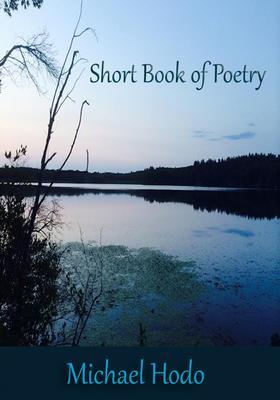
Short Book of Poetry
¥15.40
Poetry covering different topics from love, spiritual, hope, and sorrow. Woodland Hills In Woodland HillsAt evenings blushOn primrose pathsWe spoke till dusk Sharing our most inward desiresOn a night that lit a thousand firesWhile pressed against your cerise cheeksNear saffron flowersIn fields of wheat An unforgettable journey spentIn Woodland HillsWhere we both wentTo be among the dragonfliesAnd share our hearts?Until twilight cries

Travel Made Easy: Enrich lifestyle through travel at a budget
¥15.51
Travel Made Easy: Enrich lifestyle through travel at a budget

Instagram Marketing for Beginners: How to make 10,000$ per month
¥15.51
Instagram Marketing for Beginners: How to make 10,000$ per month
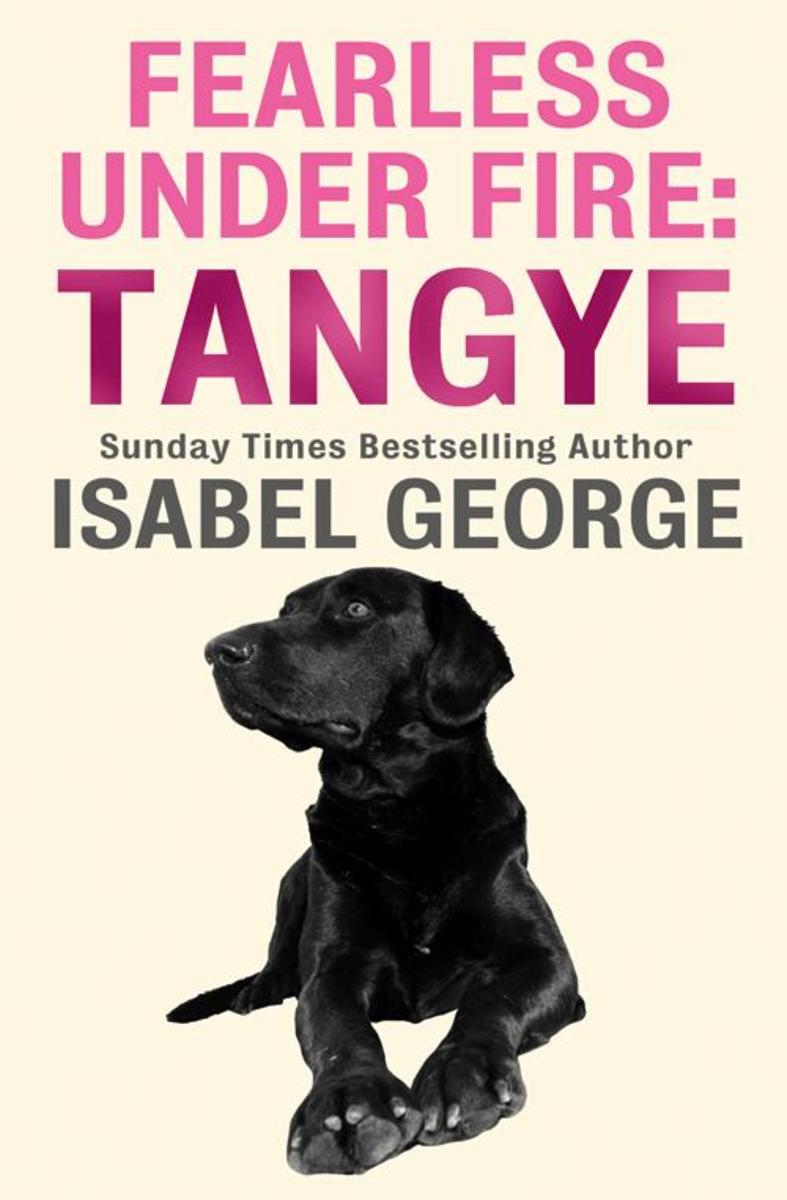
Fearless Under Fire:Tangye
¥15.60
An inspiring and heart-warming short story of canine devotion and bravery. A brave and loyal companion to the British soldiers in conflict in Afghanistan, Tangye began his years as a puppy mascot. Before long he was inseparable from the servicemen on the base, who he lived and patrolled with for five years. He accompanied the bomb disposal unit several times and became a target for the enemy. But he was also a much loved companion for soldiers in the time of need. Extracted from the bestselling title Beyond The Call Of Duty, this is the story of dog who was a resident comedian and constant comforter, and the fight of the men he accompanied to bring him back with them to the UK.
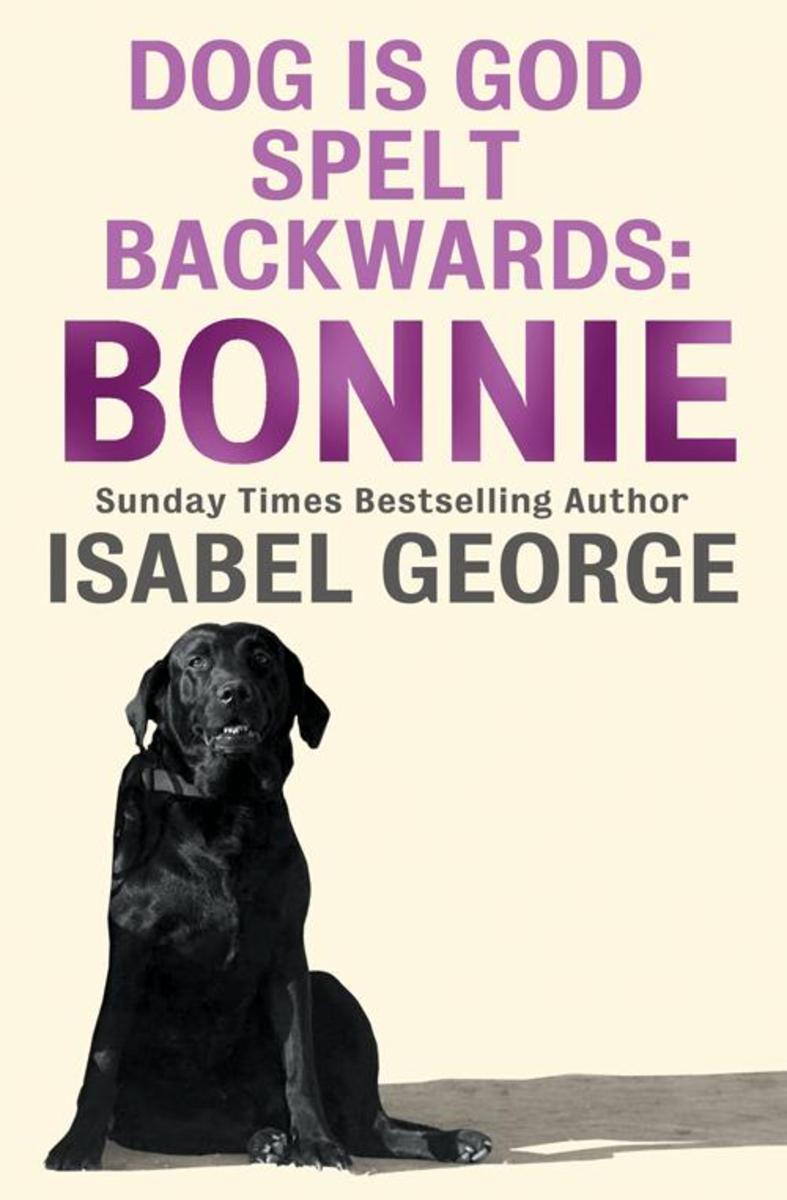
DOG Is GOD Spelt Backwards:Bonnie
¥15.60
An inspiring and heart-warming short story of canine devotion and bravery. When Corporal Jenny Chester was matched with Arms and Explosives search dog Bonnie it felt like the best Christmas present ever. Friends from day one, partners beyond doubt, through service in Bosnia and Iraq they shared food on the run, sleeping in bags in the cold and shade of the same tree. A bond made in wartime that created a partnership for life. Extracted from the bestselling title The Dog That Saved My Life.
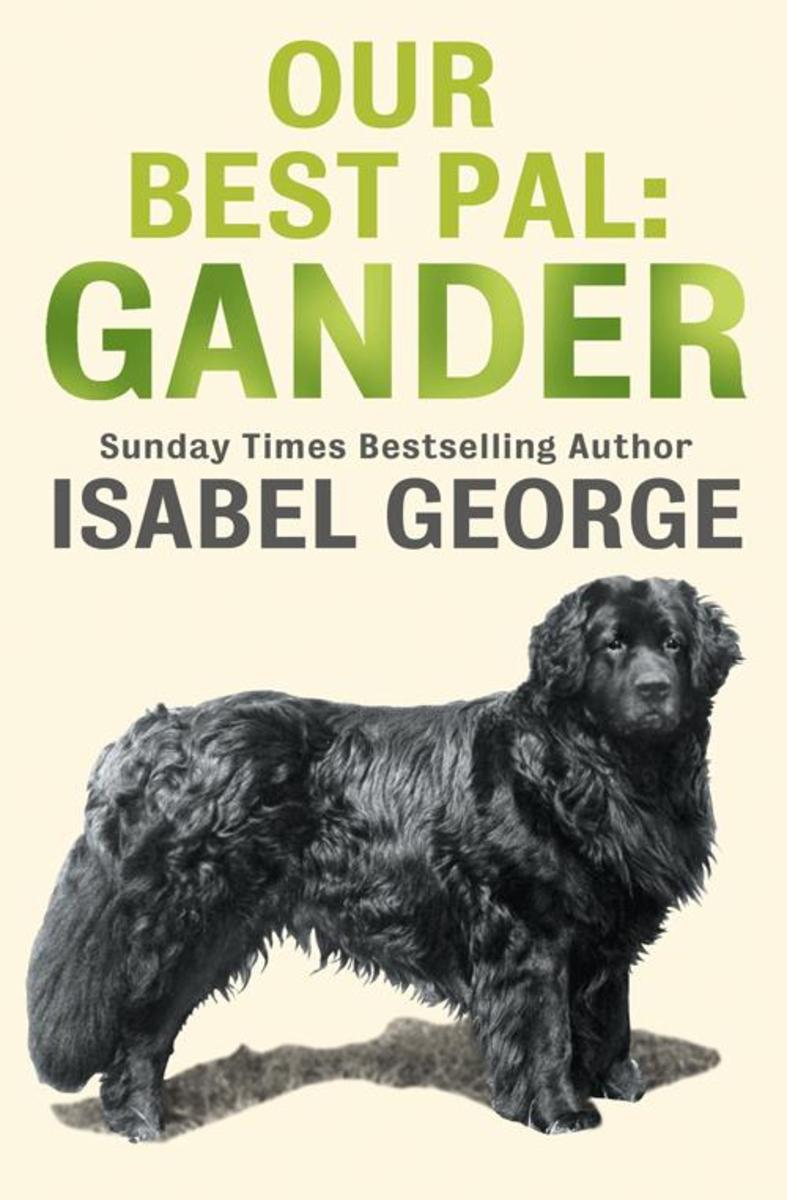
Our Best Pal:Gander
¥15.60
An inspiring and heart-warming short story of canine devotion and bravery. Animals have accompanied man into battle since war first waged. Gander, faithful friend to WWII Canadian soldiers, was smuggled onto a troop ship in 1940, where he was given a personal kit bag, awarded the rank of Sergeant and allowed to drink beer. In return for the kindness and admiration of his fellow soldiers, the huge Newfoundland dog gave his life to save the injured men he lived alongside. Extracted from the bestselling title The Dog That Saved My Life, this is the short story of one incredible dog that refused to give up; a dog that showed devotion and unquestioning loyalty even in the darkest days.

My Uncle Charlie - Part 3 of 3
¥15.60
My Uncle Charlie can either be read as a full-length eBook or in 3 serialised eBook-only parts. This is PART 3 of 3. You can read Part 3 one week ahead of the full-length eBook and paperback.
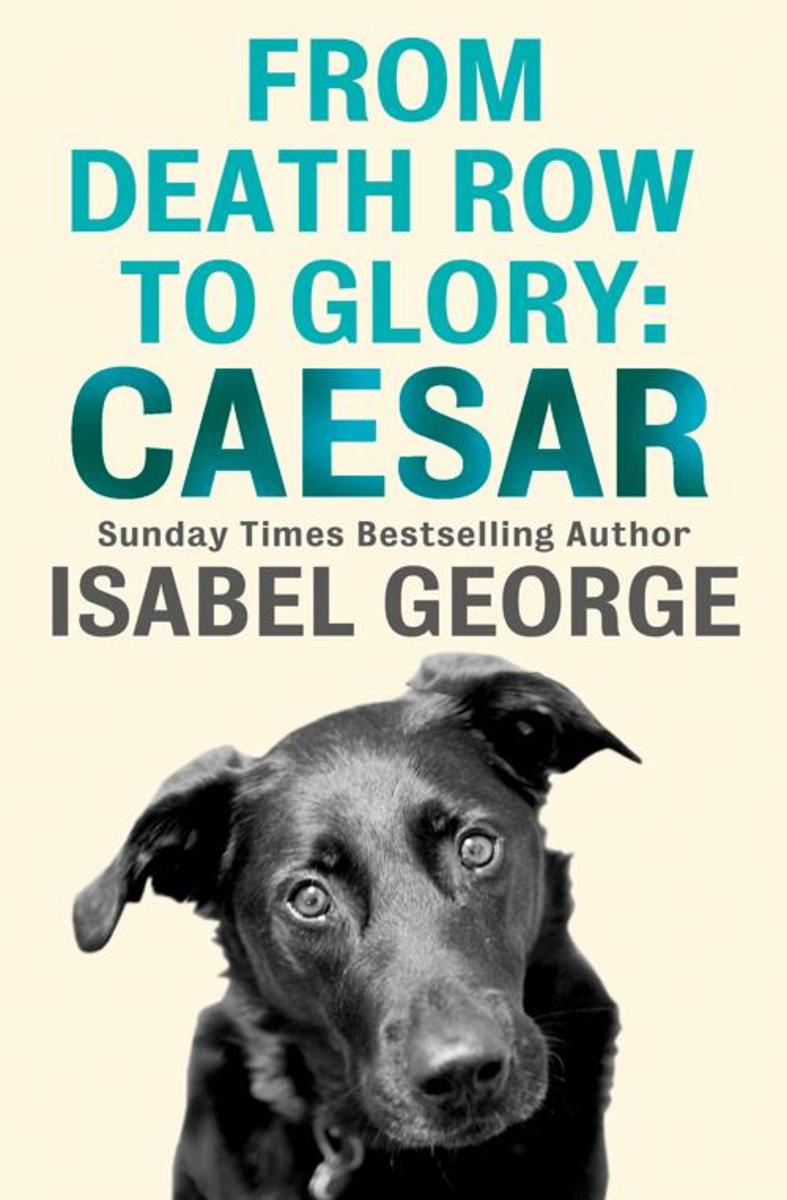
From Death Row To Glory:Caesar
¥15.60
An inspiring and heart-warming short story of canine devotion and bravery. Eleven tracker dogs left their Army life in Australia to serve in the war in Vietnam – black Labrador Caesar was one of them. He had been rescued from death row, con*ed to serve his country and sent to fight in a war that would test every tracking skill he possessed. The binding loyalty to his handler, Peter Haran, saved the lives of man and dog many times over, despite the fact the odds were stacked against them. And when it was time to go home – only one dog made the journey. Extracted from the bestselling title The Dog That Saved My Life, this inspiring true story represents the unquestioning loyalty of man’s best friend.
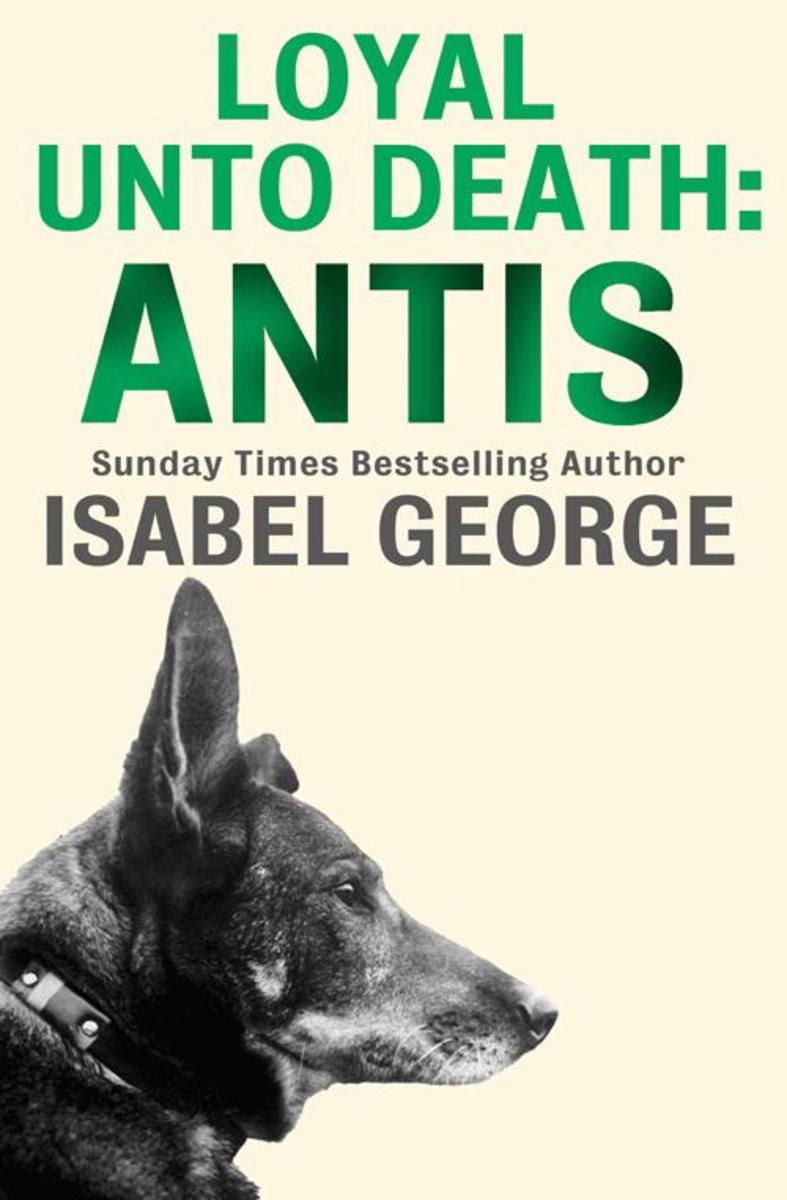
Loyal Unto Death:Antis
¥15.60
An inspiring and heart-warming short story of canine devotion and bravery. Rescued from the rubble of a farmhouse in France, this German Shepherd puppy became the constant companion of his saviour, Czech airman Václav Robert Bozdèch. Lying at his master’s feet, Antis flew on many missions with his handler Bozdèch as he served for first French Air Force and then the British Royal Air Force during WWII. Extracted from the bestselling title Beyond The Call Of Duty, this is the tale of the many adventures this man and dog shared before finally finding protection and a new life in Britain in 1949.
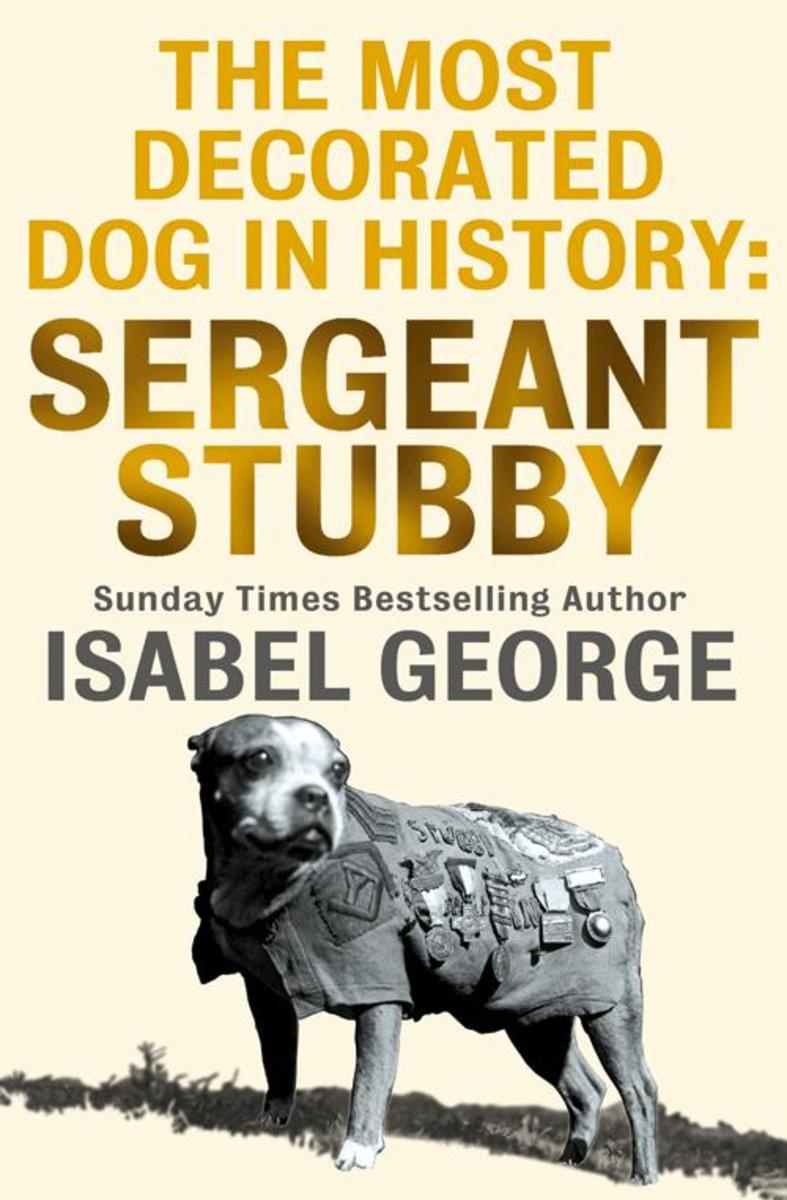
The Most Decorated Dog In History:Sergeant Stubby
¥15.60
An inspiring and heart-warming short story of canine devotion and bravery. A stub-tailed Bull Terrier, Sergeant Stubby was recognised many times over for his bravery in the trenches of Flanders. His specially embroidered jacket, laden with medals, made him the most decorated dog in history. Extracted from the bestselling title Beyond The Call Of Duty, the story of the unofficial mascot for the 26th ‘Yankee’ Division and his rescuer Private Robert J Conroy takes us on a journey through the build up to WWI and beyond.
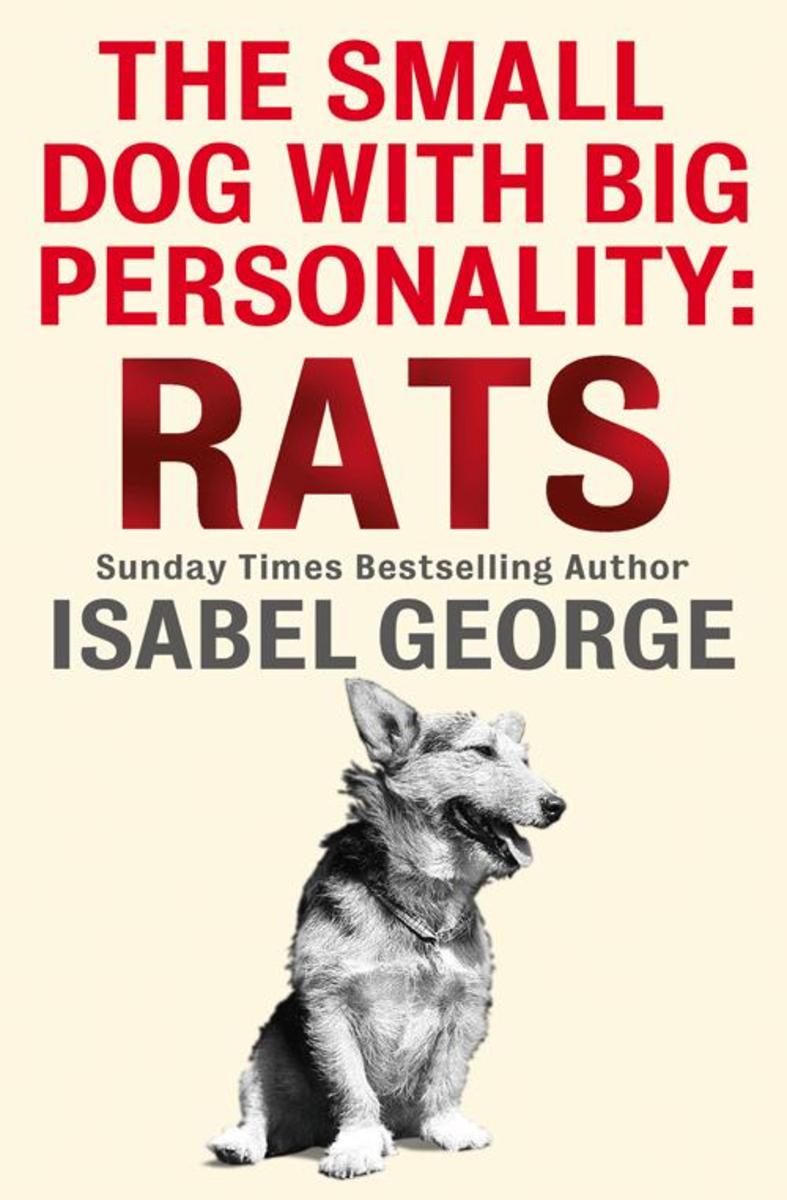
The Small Dog With A Big Personality:Rats
¥15.60
An inspiring and heart-warming short story of canine devotion and bravery. Rats was a stumpy, feisty, determined little terrier of mixed parentage who attached himself to British solders serving in Northern Ireland during the late 1970s. He liked to play with their boot laces and they admired his unstinting courage on patrol. The Troubles were at the height in Crossmaglen, but the little dog who felt safe in the company of soldiers, liked hitchhiking in helicopters and bore the scars of war on his body like the men, wouldn’t give up. Extracted from the bestselling title The Dog That Saved My Life, The Small Dog With A Big Personality tells the story of a courageous canine who brought ‘an oasis of friendship in a desert of sadness’.
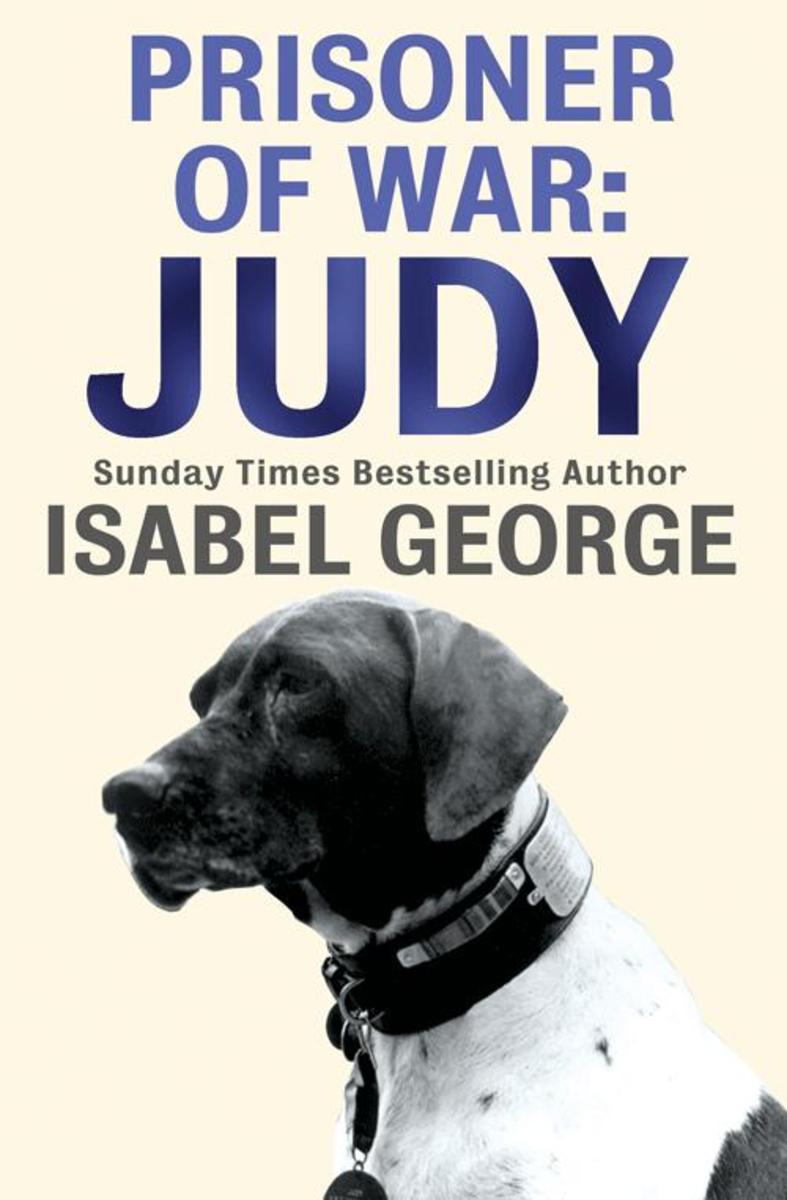
Prisoner of War:Judy
¥15.60
An inspiring and heart-warming short story of canine devotion and bravery. The only dog to be officially registered as a Prisoner of War, Judy began her wartime career as a mascot aboard several Royal Navy warships. Torpedoed, shot at, sunk and almost drowned, the English Pointer survived only to be take prisoner and spend three years in Japanese camps in Sumatra. From the moment fellow inmate Frank Williams offered Judy his precious handful of rice she never left his side. Judy saved Frank’s life many times over and raised the morale of all the men in the camp. Extracted from the bestselling title The Dog That Saved My Life, this short story tells the tale of a dog like no other, a dog who was awarded an animals’ Victoria Cross for her bravery and devotion.
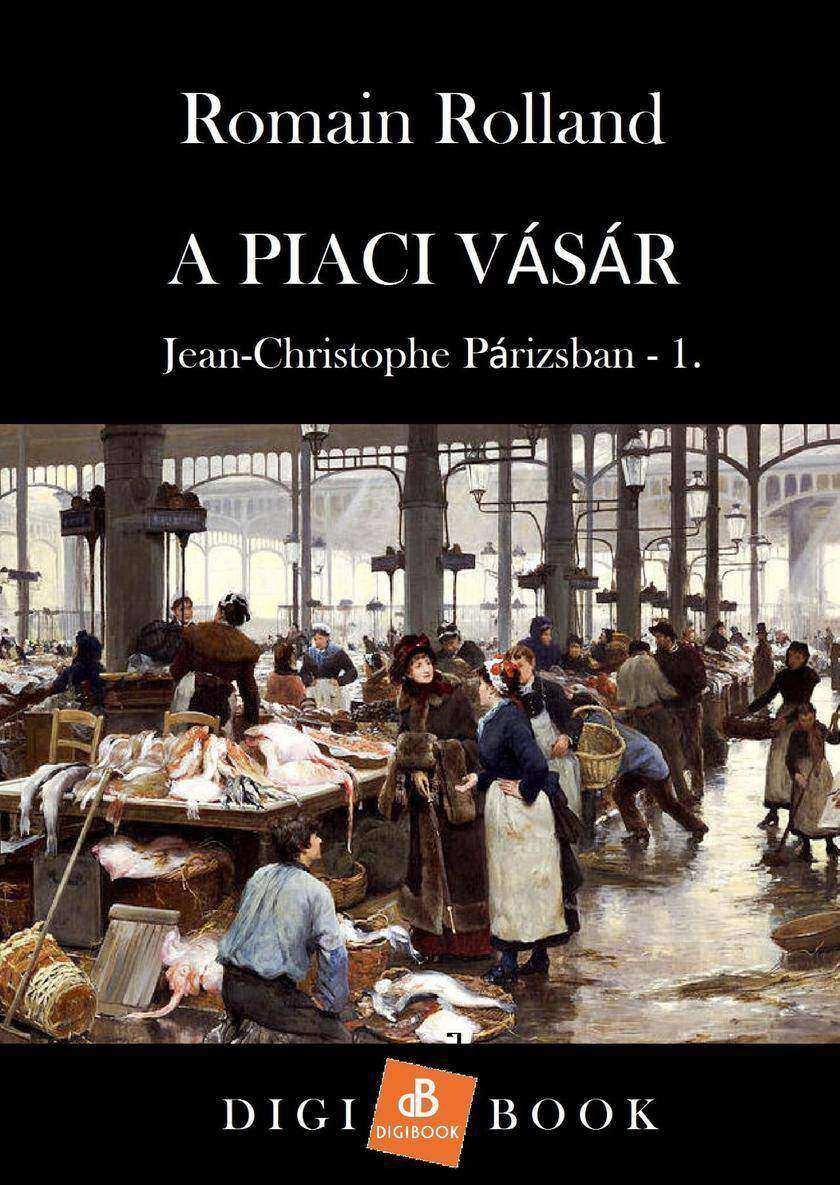
A piaci vásár
¥15.94
A piaci vásár

莎士比亚戏剧典藏:奥赛罗
¥15.99
《奥赛罗》是莎士比亚的四大悲剧之一。奥赛罗是威尼斯公国一员勇将。他与元老的女儿苔丝狄梦娜相爱。但由于他是黑人,婚事未被允许。两人只好私下成婚。奥赛罗手下有一个阴险的旗官伊阿古,一心想除掉奥赛罗。他先是向元老告密,不料却促成了两人的婚事。他又挑拨奥赛罗与苔丝狄梦娜的感情,说另一名副将凯西奥与苔丝狄梦娜关系不同寻常,并伪造了所谓定情信物等。奥赛罗信以为真,在愤怒中掐死了自己的妻子。当他得知真相后,悔恨之余拔剑自刎,倒在了苔丝狄梦娜身边。 伊阿古*后阴谋败露,也得到了应有的惩罚。

莎士比亚戏剧典藏:哈姆雷特
¥15.99
《哈姆雷特》由英国剧作家威廉•莎士比亚创作,是莎士比亚所有戏剧中篇幅非常长、非常负盛名的剧本。戏剧讲述了叔叔克劳狄斯谋害了哈姆雷特的父亲,篡取了王位,并娶了国王的遗孀乔特鲁德,哈姆雷特王子因此为父王向叔叔复仇的故事。《哈姆雷特》同《麦克白》《李尔王》《奥赛罗》被公认为莎士比亚“四大悲剧”。
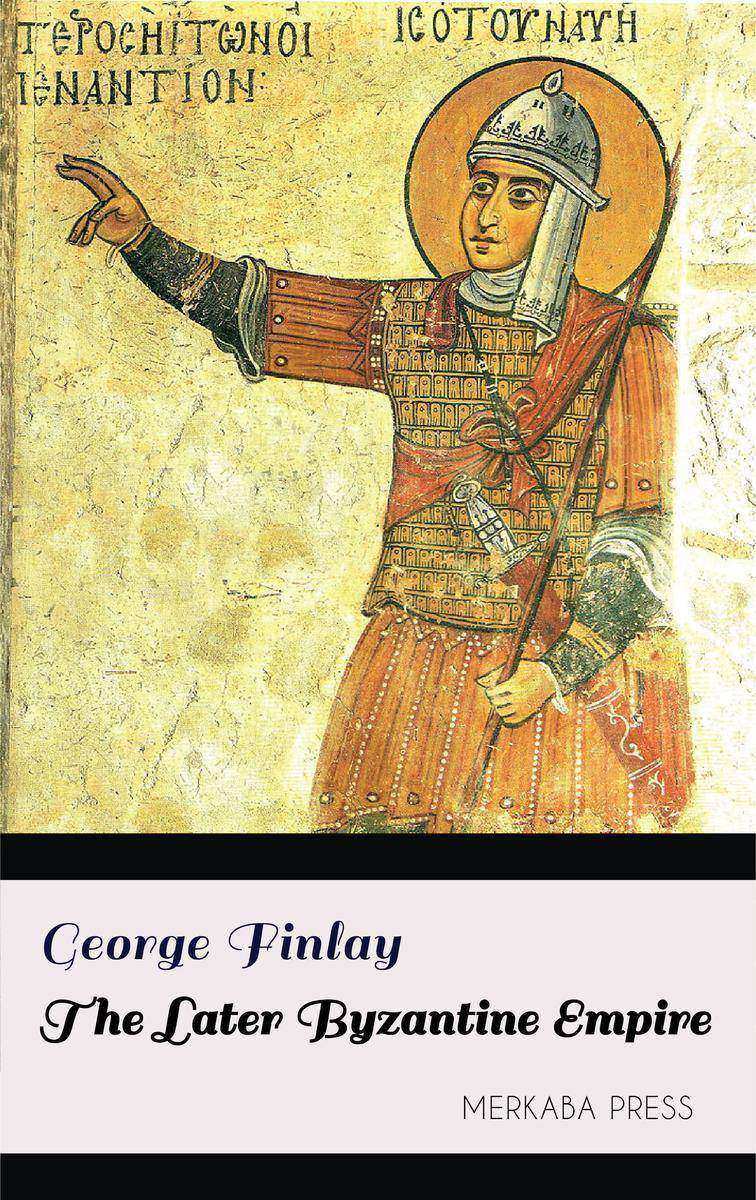
The Later Byzantine Empire
¥16.27
The Later Byzantine Empire
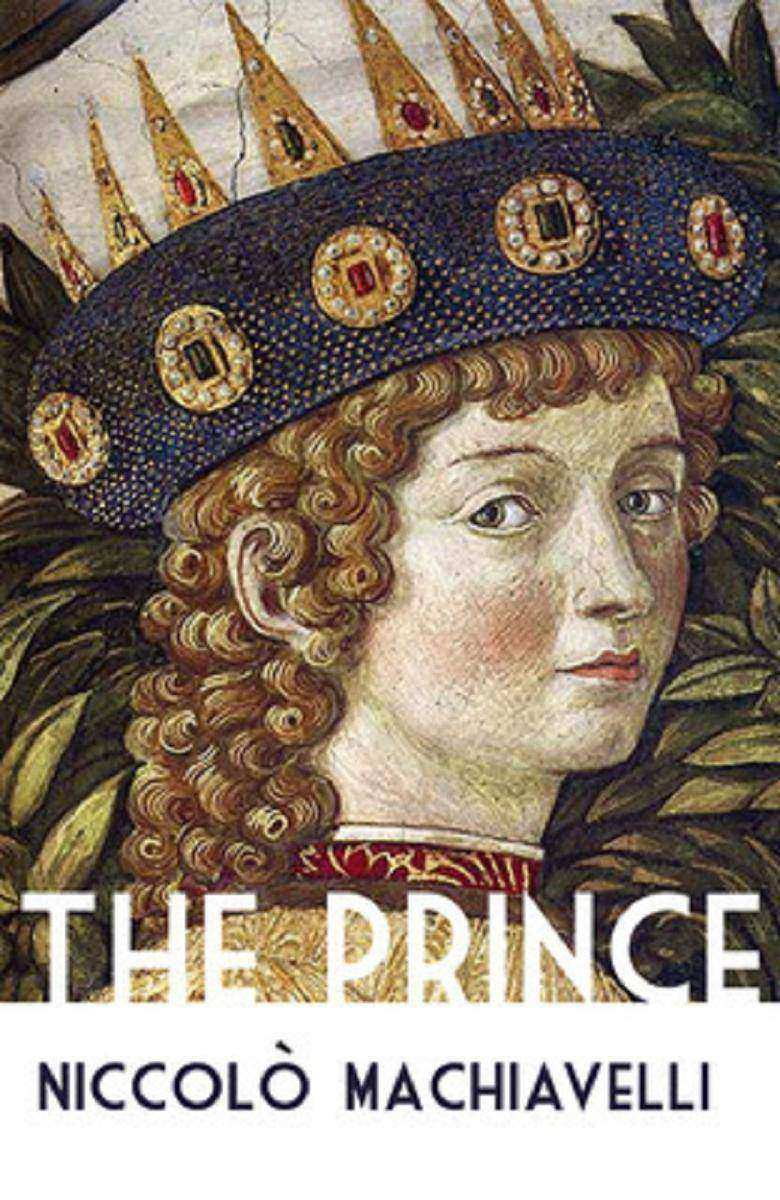
The Prince
¥16.27
The Prince
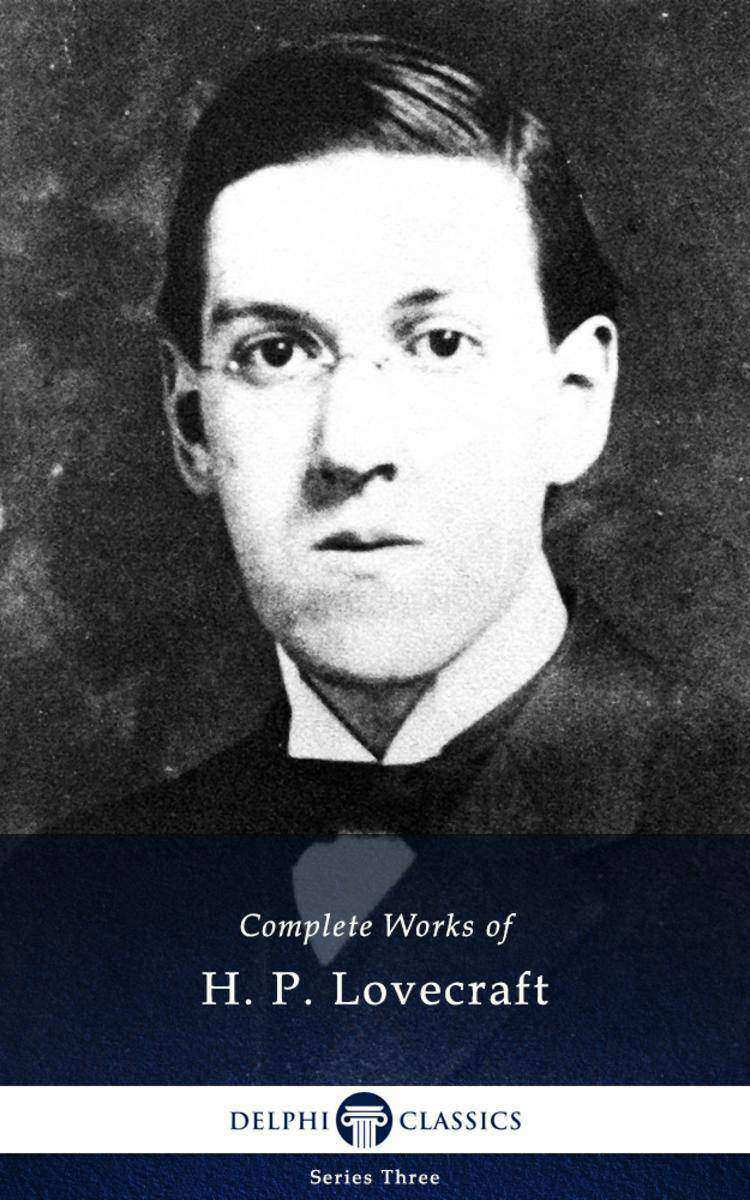
Delphi Complete Works of H. P. Lovecraft (Illustrated)
¥16.27
This eBook presents the complete fictional works of H. P. Lovecraft, with beautiful illustrations, rare texts and the usual Delphi bonus material. (Version 2) * Beautifully illustrated with images relating to Lovecraft's life and works * Brief introduction to master short story writer * Over 100 short stories, including rare collaborations * Excellent formatting of the texts * Special chronological and alphabetical contents tables for the short stories * Easily locate the tales you want to read * A selection of some of Lovecrafts greatest poetry * Includes Lovecraft's memoirs a range of autobiographical writings collected form the authors letters and journals * Scholarly ordering of texts into chronological order and literary genres Please note: due to copyright restrictions, the short stories that Lovecraft wrote with C. M. Eddy, Jr. cannot appear in this collection. Please visit www.delphiclassics.com to browse our range of exciting titles CONTENTS: H. P. Lovecraft: Brief Introduction The Short Stories The Little Glass Bottle The Secret Cave The Mystery of the Grave-Yard The Mysterious Ship The Beast in the Cave The Alchemist The Tomb Dagon A Reminiscence of Dr. Samuel Johnson Sweet Ermengarde Polaris The Green Meadow Beyond the Wall of Sleep Memory Old Bugs The Transition of Juan Romero The White Ship The Doom That Came to Sarnath The Statement of Randolph Carter The Terrible Old Man The Tree The Cats of Ulthar The Temple Facts Concerning the Late Arthur Jermyn and His Family The Street Poetry and the Gods Celepha?s From Beyond Nyarlathotep The Picture in the House The Crawling Chaos Ex Oblivione The Nameless City The Quest of Iranon The Moon-Bog The Outsider The Other Gods The Music of Erich Zann Herbert West Reanimator Hypnos What the Moon Brings Azathoth The Horror at Martins Beach The Hound The Lurking Fear The Rats in the Walls The Unnamable The Festival Under the Pyramids The Shunned House The Horror at Red Hook He In the Vault The Descendant Cool Air The Call of Cthulhu Two Black Bottles Pickmans Model The Silver Key The Strange High House in the Mist The Dream-Quest of Unknown Kadath The Case of Charles Dexter Ward The Colour Out of Space The Very Old Folk The Thing in the Moonlight The Last Test The History of the Necronomicon The Curse of Yig Ibid The Dunwich Horror The Electric Executioner The Mound Medusas Coil The Whisperer in Darkness At the Mountains of Madness The Shadow Over Innsmouth (Draft) The Shadow Over Innsmouth The Trap The Dreams in the Witch House The Man of Stone The Horror in the Museum Through the Gates of the Silver Key Winged Death Out of the Aeons The Thing on the Doorstep The Evil Clergyman The Horror in the Burying-Ground The Hoard of the Wizard-Beast The Slaying of the Monster The Book The Tree on the Hill The Battle that Ended the Century The Shadow out of Time Till A the Seas Collapsing Cosmoses The Challenge from Beyond The Disinterment The Diary of Alonzo Typer The Haunter of the Dark In the Walls of Eryx The Night Ocean LIST OF SHORT STORIES IN CHRONOLOGICAL ORDER LIST OF SHORT STORIES IN ALPHABETICAL ORDER The Poetry LIST OF POEMS IN CHRONOLOGICAL ORDER LIST OF POEMS IN ALPHABETICAL ORDER The Memoirs LIST OF AUTOBIOGRAPHICAL WORKS Please click here to browse our other titles

Knitting for Beginners: Tips on Patterns and What Materials to Buy
¥16.27
Knitting for Beginners: Tips on Patterns and What Materials to Buy




 购物车
购物车 个人中心
个人中心



